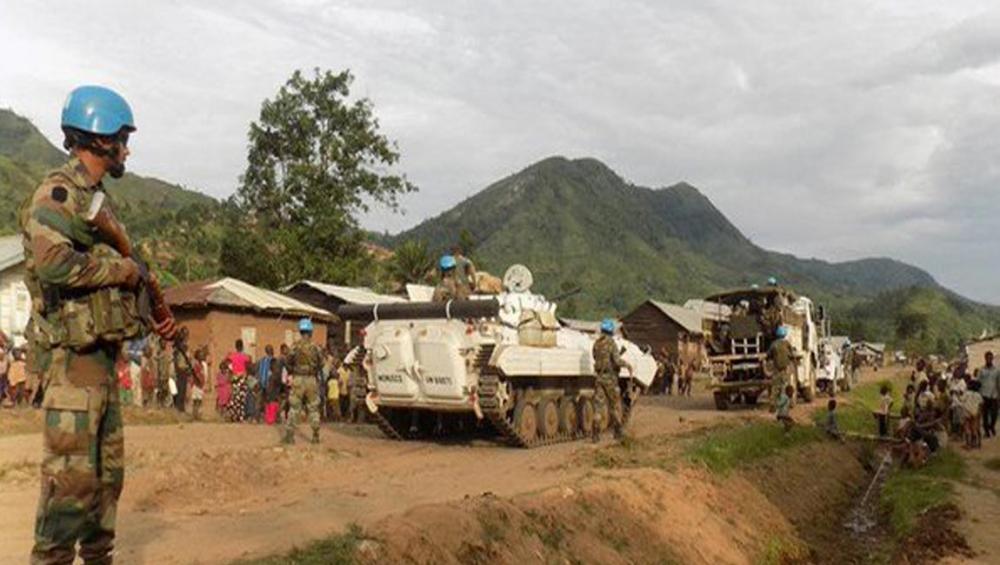Just Earth News | @JustEarthNews | 15 Dec 2018

New York: Deadly pre-election violence in the Democratic Republic of the Congo (DRC) sparked by police reportedly firing live ammunition at opposition supporters, has been condemned by the UN’s top rights official, Michelle Bachelet.
Issued on Friday, the warning by the High Commissioner for Human Rights comes ahead of presidential elections due to take place across the vast Central African nation, on 23 December.
“The High Commissioner says she is deeply worried about the reports of excessive use of force, including live ammunition, by security forces against opposition rallies,” OHCHR spokesperson Ravina Shamdasani told journalists in Geneva.
“Just days ahead of crucial elections in the DRC, it is essential that the authorities ensure that the rights to freedom of expression and peaceful assembly are fully protected and that they take all possible measures to prevent violence.”
The High Commissioner’s alert echoes a recent statement in September by her office (OHCHR) concerning the “violent suppression of peaceful protests”, despite commitments made by the authorities to lift a ban on demonstrations, which has been in place since 2017.
The current President, Joseph Kabila, has been in office since 2001, and as part of a political compromise, he is not standing for re-election, having refused to relinquish power when his second mandate came to an end in 2016. A former minister from the ruling coalition is running, and according to news reports, there are two main opposition candidates.
On Thursday, authorities in the DRC said that thousands of voting machines had been destroyed in a warehouse fire in the capital, Kinshasa.
OHCHR spokesperson Ravina Shamdasani said that it was unclear who was responsible.
“We do not yet know what caused them…there’s a lot of speculation about how it happened, whether it was deliberate, and then you know, which side,” she said. “But this again is an example of the kind of violence that has suddenly flared up this week in the lead-up to the elections.”
In a statement highlighting several violent pre-election incidents, the High Commissioner noted that at least three men were killed and several injured earlier this month “after police reportedly fired live ammunition and used teargas and water cannons against an opposition rally in Lubumbashi in the Haut-Katanga province”.
In another incident, also in December, the convoy of one of the leading opposition candidates for the presidency, Martin Fayulu, also reportedly came under attack by police, according to the High Commissioner’s statement.
Ensuing clashes resulting in the prosecutor’s office being burned down, while further violence during Fayulu’s campaign in Kalemie, Tanganyika province, led to the death of a young woman and injuries to at least nine others, “including two by live ammunition”.
On Thursday 13 December, in Mbuji Mayi in Kasai Orientale province, Shamdasani added that a 16-year-old boy was reportedly killed by a soldier of the Forces Armées de la République Démocratique du Congo (FARDC).
This was after the provincial governor had deployed soldiers and police officers on several roads to prevent people from greeting another presidential candidate, Felix Tshisekedi, she said.
While the High Commissioner’s warning is directed principally at the government of President Joseph Kabila, she also expressed concern that supporters of the opposition have also reportedly disrupted campaigning by presidential majority candidates in the provinces of Kwilu, Kasai, Maniema and the Kivus.
Noting the “already tense electoral environment”, Shamdasani repeated the High Commissioner’s appeal to the Government “to ensure that these incidents are promptly investigated and that the rights to freedom of expression and peaceful assembly – which are essential conditions for credible elections – are fully protected”.